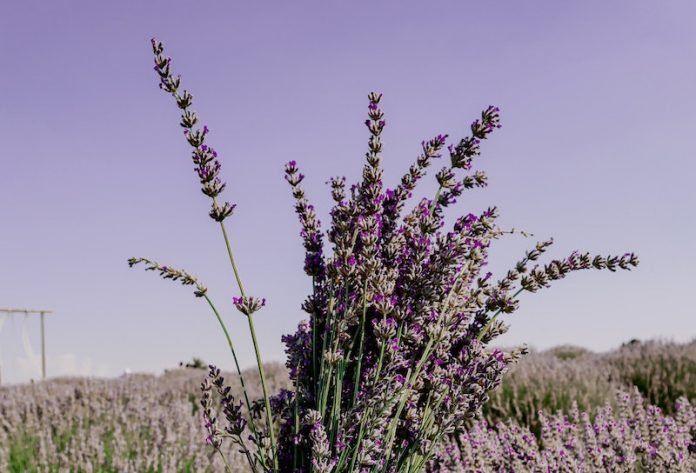
Common herbs, including lavender, fennel, and chamomile, have a long history as folk medicines used to lower blood pressure.
Scientists from the University of California, Irvine found the molecular mechanisms at work.
They showed how many of the known traditional botanical plants used to lower blood pressure activate a specific potassium channel (KCNQ5) in blood vessels.
KCNQ5, together with other potassium channels including KCNQ1 and KCNQ4, is expressed in vascular smooth muscle.
When activated, KCNQ5 relaxes blood vessels, making it a logical mechanism for at least part of the hypotensive actions of certain botanical folk medicines.
The research is published in the Proceedings of the National Academy of Sciences and was conducted by Geoff Abbott et al.
Documented use of botanical folk medicines stretches back as far as recorded human history. There is DNA evidence, dating back 48,000 years, suggesting the consumption of plants for medicinal use by Homo neanderthalensis.
Archaeological evidence, dating back 800,000 years, even suggests Homo erectus or similar species used plants for non-food purposes.
Today, evidence of the efficacy of botanical folk medicines ranges from anecdotal to clinical trials, though the underlying molecular mechanisms often remain elusive.
In the study, the team found KCNQ5 activation to be a unifying molecular mechanism shared by a diverse range of botanical hypotensive folk medicines.
Lavandula angustifolia, commonly called lavender, was among those we studied.
They discovered it to be among the most efficacious KCNQ5 potassium channel activators, along with fennel seed extract and chamomile.
Interestingly, the KCNQ5-selective potassium channel activation feature of the botanicals is lacking in the modern synthetic pharmacopeia.
Until now, it seems to have eluded conventional screening methods utilizing chemical libraries, which may account for why it is not a recognized feature of synthetic blood pressure medications.
The current discovery of these botanical KCNQ5-selective potassium channel openers may enable the development of future therapies for diseases including high blood pressure.
Sign up for our newsletter for more information about this topic.
If you care about blood pressure, please read studies about common high blood pressure drugs that may actually raise blood pressure, and findings of teas that may help reduce high blood pressure.
For more information about heart health, please see recent studies about why meat and eggs may harm your heart health, and results showing scientists find the cause and treatment for heart damage in COVID-19.
Copyright © 2022 Knowridge Science Report. All rights reserved.



